Essay Writing - The Essential Guide
Essay Writing - The Essential Guide
According to most graduates, here is a list of things that are included in your university experience:
Excitement! Opportunities! Adventures! Student Discounts! Social Life! Parties! Clubs and Societies! Love Life (can be plural and optional)! Tons of Knowledge! Writing Essays!
Hold on a minute… Did I just see “writing essays”?
Truth to be told, essays may not seem like a massive part of your university experience, but they are definitely a massive part of your university degree! Especially in the UK, the expectations that professors have of your essays are pretty high: format, referencing, quotations, structure, wording…every little detail counts, and getting it right requires both skills and time.
Before you become acquainted with every coffee brand you can find at your local shop (to get through those long essay writing nights!), it’s time to lock and load with this ultimate weapon:

Step 1 – Quit Being a Deadline Fighter.
Procrastination, according to Urban Dictionary, is the best and the WORST way to get through university! Many people procrastinate about their 3000-word essays and the reading they need to do to write it until a week before the deadline, and we can tell you from experience: that is already too late!
Plan your essay along with your time table. “Do it today or later you’ll pay!” . If you haven’t got the brain of Hermione Granger, get yourself a homework planner! List out research and readings that need to be done before you start the essay. Also set targets for your writing progress: it can be simple little steps that such as “Introduction paragraph done before next Monday,” “500 words by Wednesday,” etc.
.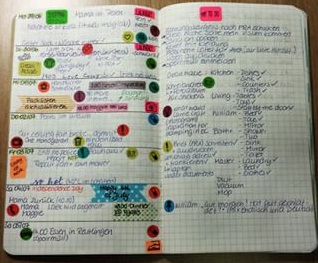
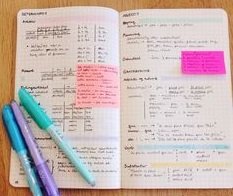
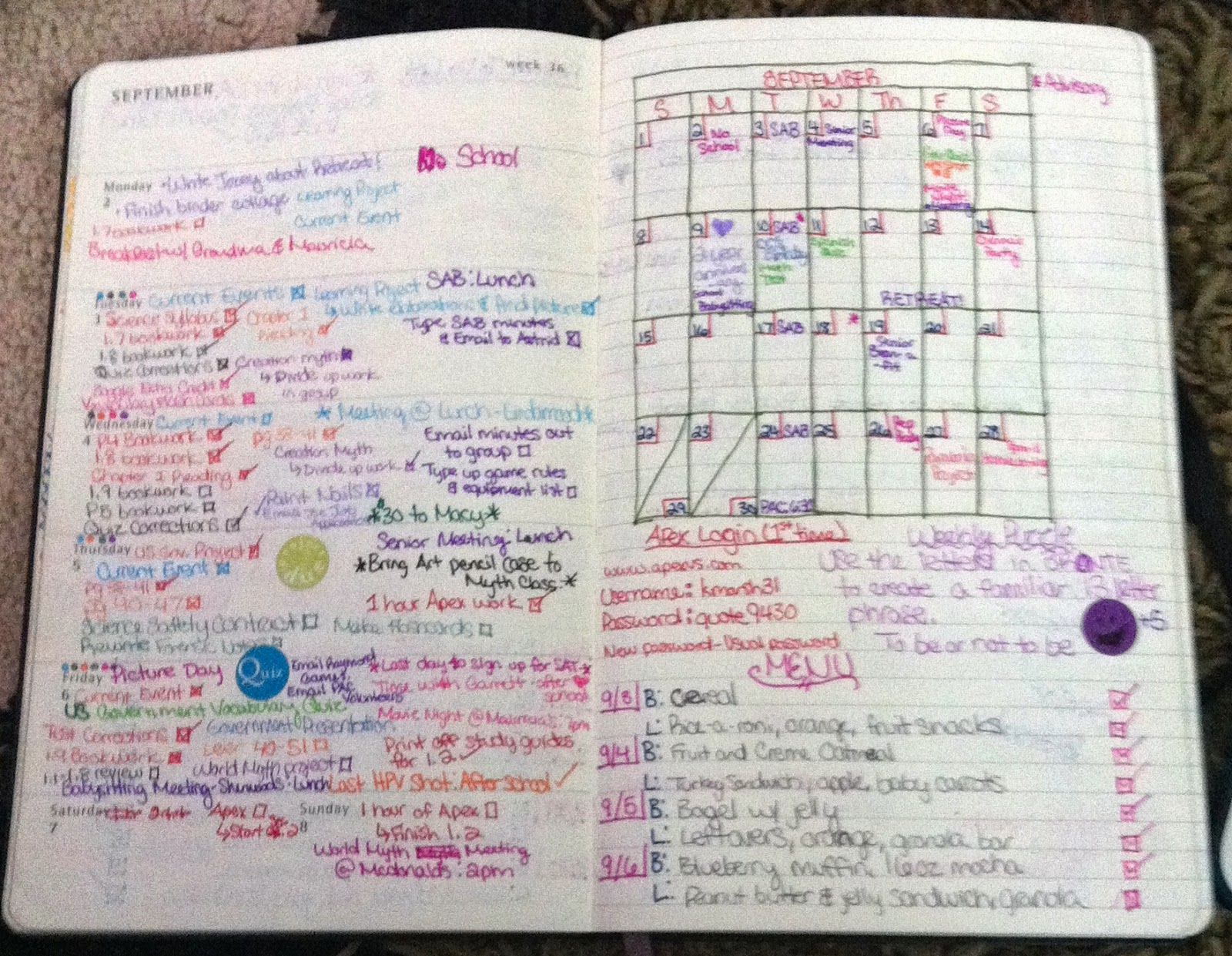
That 3rd photo is the same planner as mine, which helped to carry me successfully through uni life.
If you cannot wait until January because the school year has already started for you, you can get an 18-month planner. And yes, colour coding is something that everyone should do! It’s scientifically proven to be very useful!
Moleskine 18-month weekly diary/ planner
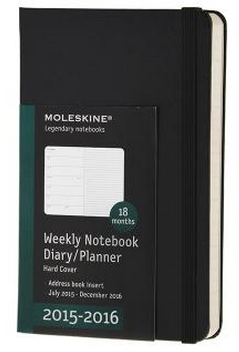
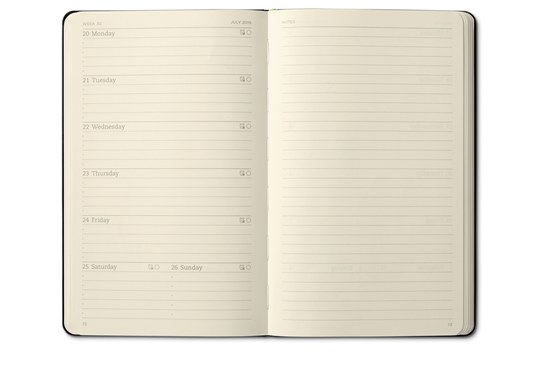
I would bet almost anything that some of you are thinking:
“A diary? Not me! I only use the latest technology.”
Well, you’re in luck, because there are apps for you. You can even set alarms to remind yourself!
Goals.io (available for iOS and Android) - Free

Set to-dos that recur every day, week or month with this app developed by He Shiming. You can track the progress of your goals (from studying to saving money to losing weight). And best of all, this app is very easy to use.
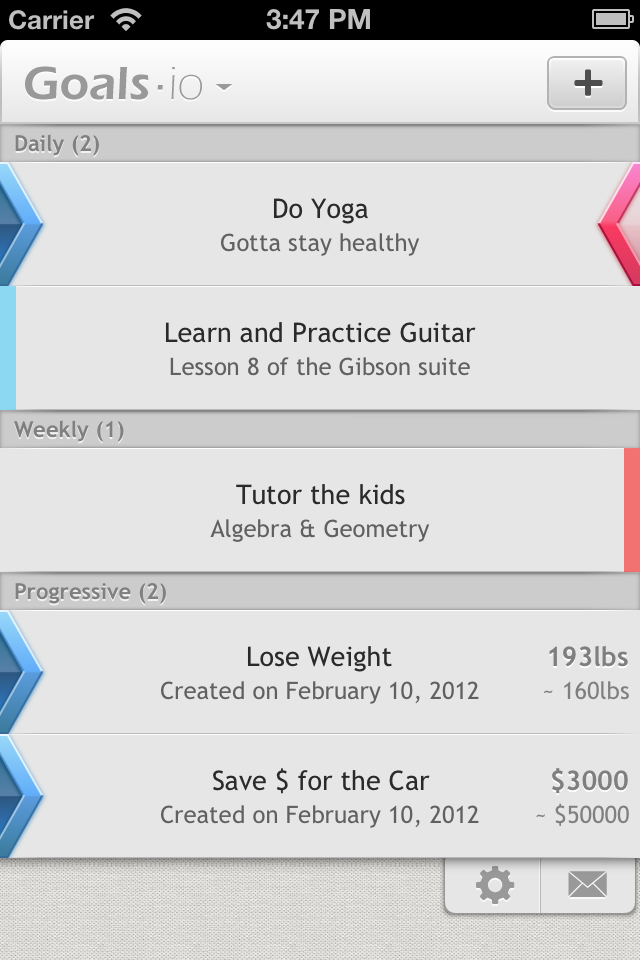
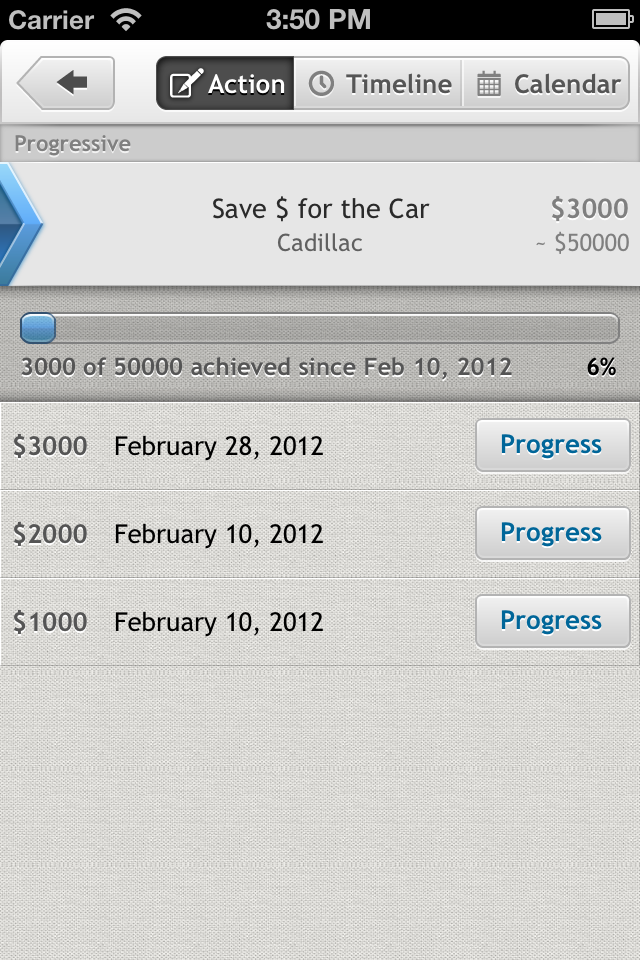
Now, after you have planned and proud of yourself, stick to it! “Don’t leave it till later, you big second-rater!”
Step 2 – Use Your University Resources
This is very important for international students, even if your first language is English. Different countries have their own teaching systems and learning habits. In order to get a headstart in your studies in the UK, make sure you are clear about the rules.
Faculty handbooks
Did you know every university department and faculty has their own handbook for their students? Read it carefully. You will always find out a lot of things that you need to know, including general information such as: where and when you should hand in your assignments, if you have an option to submit online, which referencing style you should use, what to do if you have to make a late submission, staff contact details, etc.
English Language Centre
Each university has their own student service centre and English language centre. Don’t be shy, and make sure to sign up for a course that helps you with writing essays, study skills or anything that interests you. You will be surprised by how many people are facing the exact same situation as you.
Step 3 – Feel the Power of the Internet

You do not need a sword to do this; all you need is the internet. Get your resources and help from websites, they have already been established as tools to help students with their academic writing.
Academic Phrasebank
http://www.phrasebank.manchester.ac.uk

Dr John Morley from the University of Manchester has created this useful resource for academic writers. It is divided into different sections of your essay writing (from introduction to conclusion, from describing facts to explaining data). We DO NOT recommend you to choose the longest sentence just because you are way under the word limit.
Academic Word List
http://www.nottingham.ac.uk/alzsh3/acvocab/index.htm

If your essay is already 20 pages long and you’re finding it difficult not to use the word “contradiction” again for the 50th time, this academic vocabulary library is right for you.
The site recommends that in order to make the best use of this library, you should use tools such as the AWL Highlighter to learn words in context, and the AWL Gapmaker to test yourself and see if you are mastering the use of the words.
Oxford Dictionaries

You should not be surprised that the latest printed version of Oxford English Dictionary (OED) was made in 2012, or that the Encyclopaedia Britannica will no longer have any printed version after the same year. Everything is online now.
Compared with the official OED (www.oed.com) that requires a subscription, Oxford Dictionaries has a more user-friendly layout and results. You can even search terminologies for specific subjects:
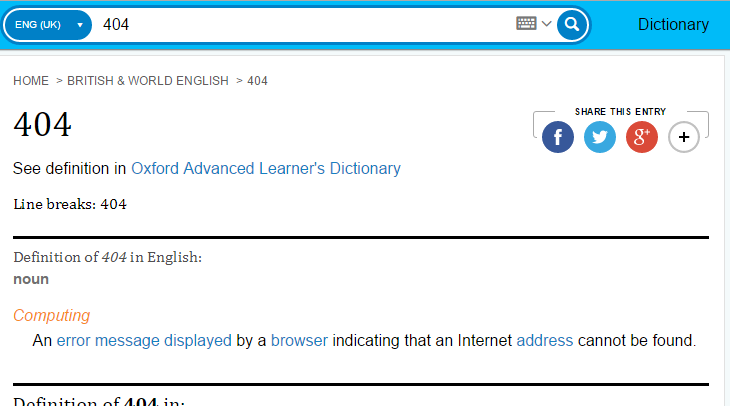
Now you can easily begin your essays by defining the keywords!
Essay UK
http://www.essay.uk.com/guides/essay/index.php

If you really have no idea about how to write an essay, I recommend that you have a quick scan through this website. They have clearly laid out how you should approach an essay.
Step 4 – Referencing
In the UK, plagiarism (= copying/using unoriginal materials without citing them) is taken very seriously. If you read a book and you want to quote a whole paragraph in your essay (by the way, you should only do this if it adds value to your essay), you need to reference and quote the source clearly. As mentioned, the faculty handbook should state clearly which format you should use for referencing. But, hey, it’s the 21st century now: technology can always help.
Cite this for me
https://www.citethisforme.com/
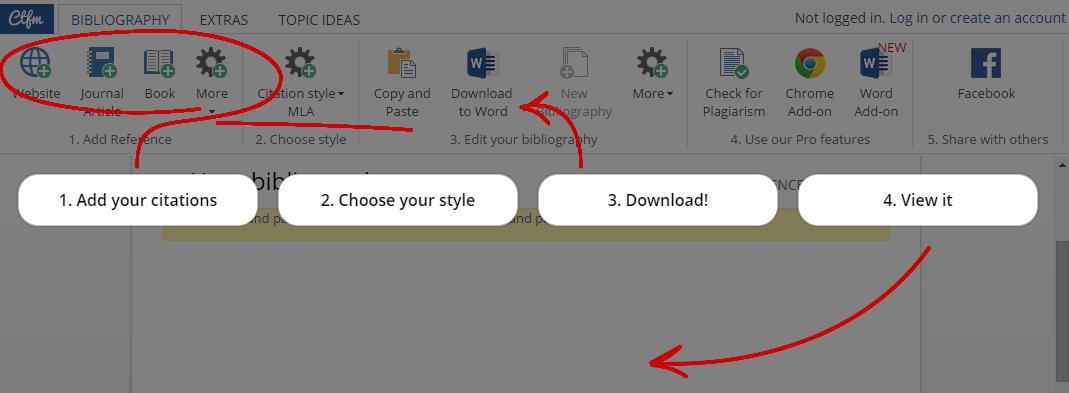
Cite this for me does what it suggests. The best thing is that you can reverse the process by searching for the materials you might need in their database.
RefMe

This application simplifies how to do referencing in your essay. Not only is it compatible with so many other word processing applications such as Evernote, the mobile app they provide allows you to scan the barcode of the books you have and you can quote exactly which pages you are referencing. Students that have to reference media other than the written word (CD, DVD, artwork, etc.) can use it too. It works well as an extention plugin for your web browser, too!
Step 5 – FINISH IT!
Needless to say, after all of the planning and with all the tools you have at your disposal, you will still need to actually write the essay.
Before you submit it, you should always proofread your work (and get people who could be nice to do it for you too). You need to bear in mind that if you don’t present your ideas well in words, you won’t get good marks from your professors.
Hopefully this guide has helped you tackle your essays!






